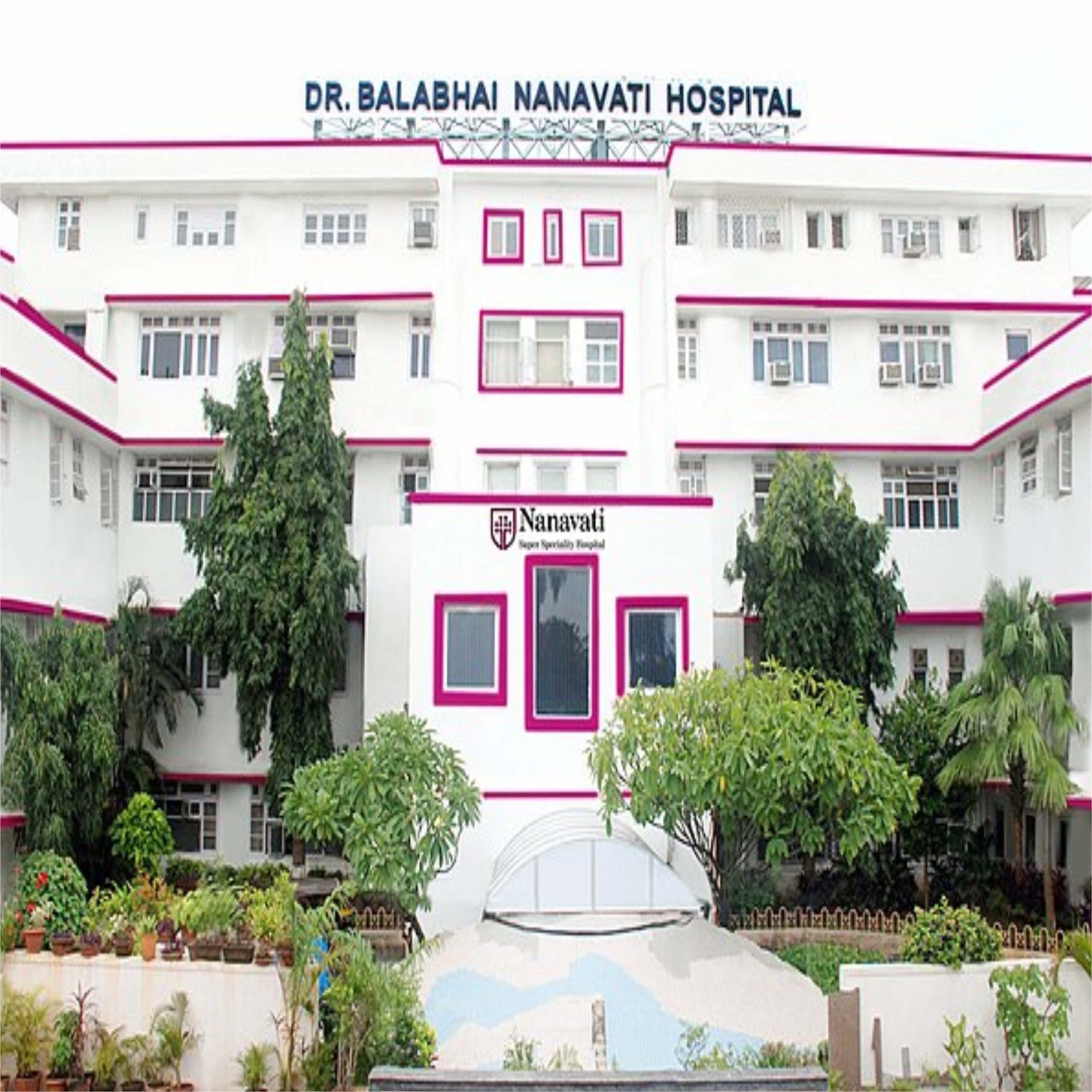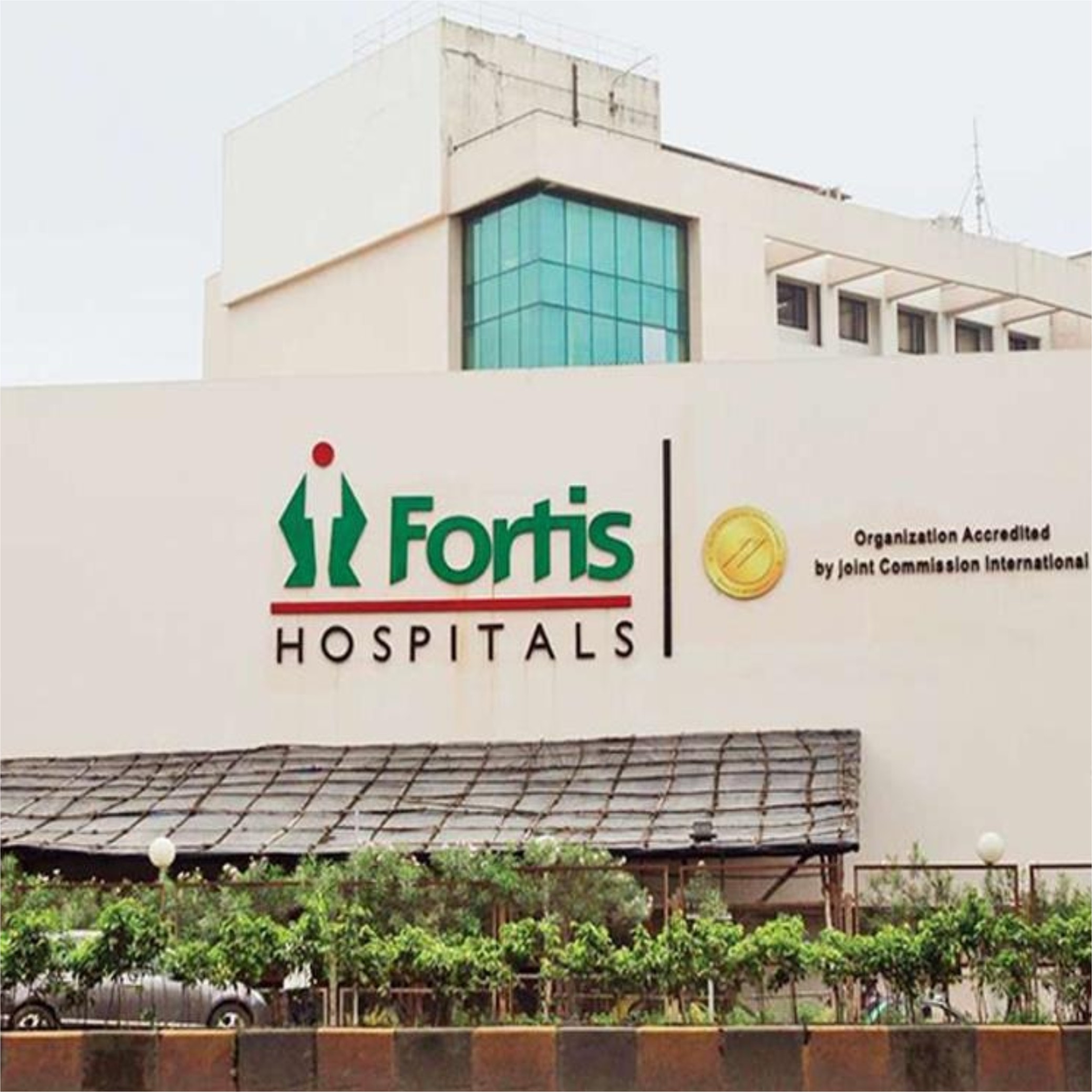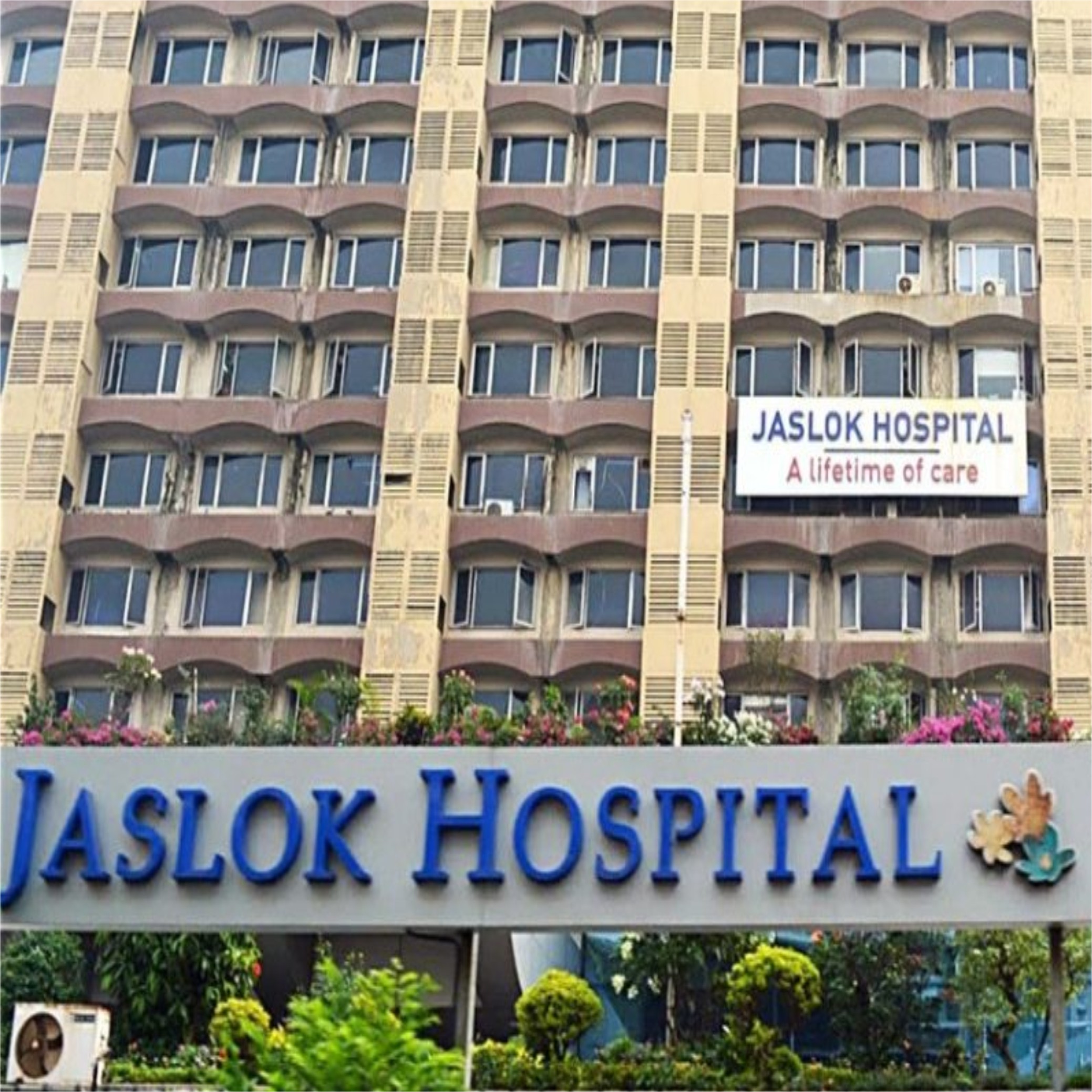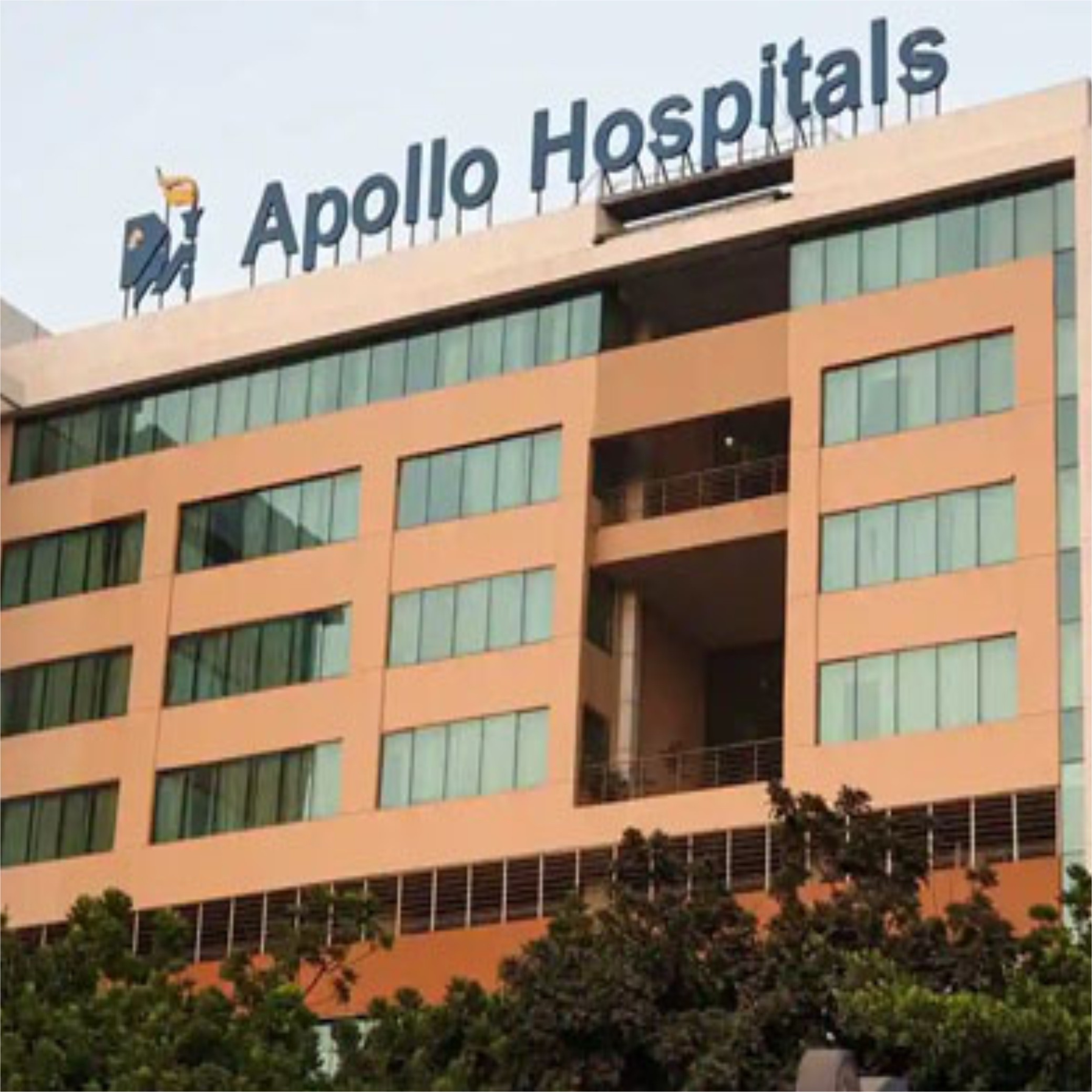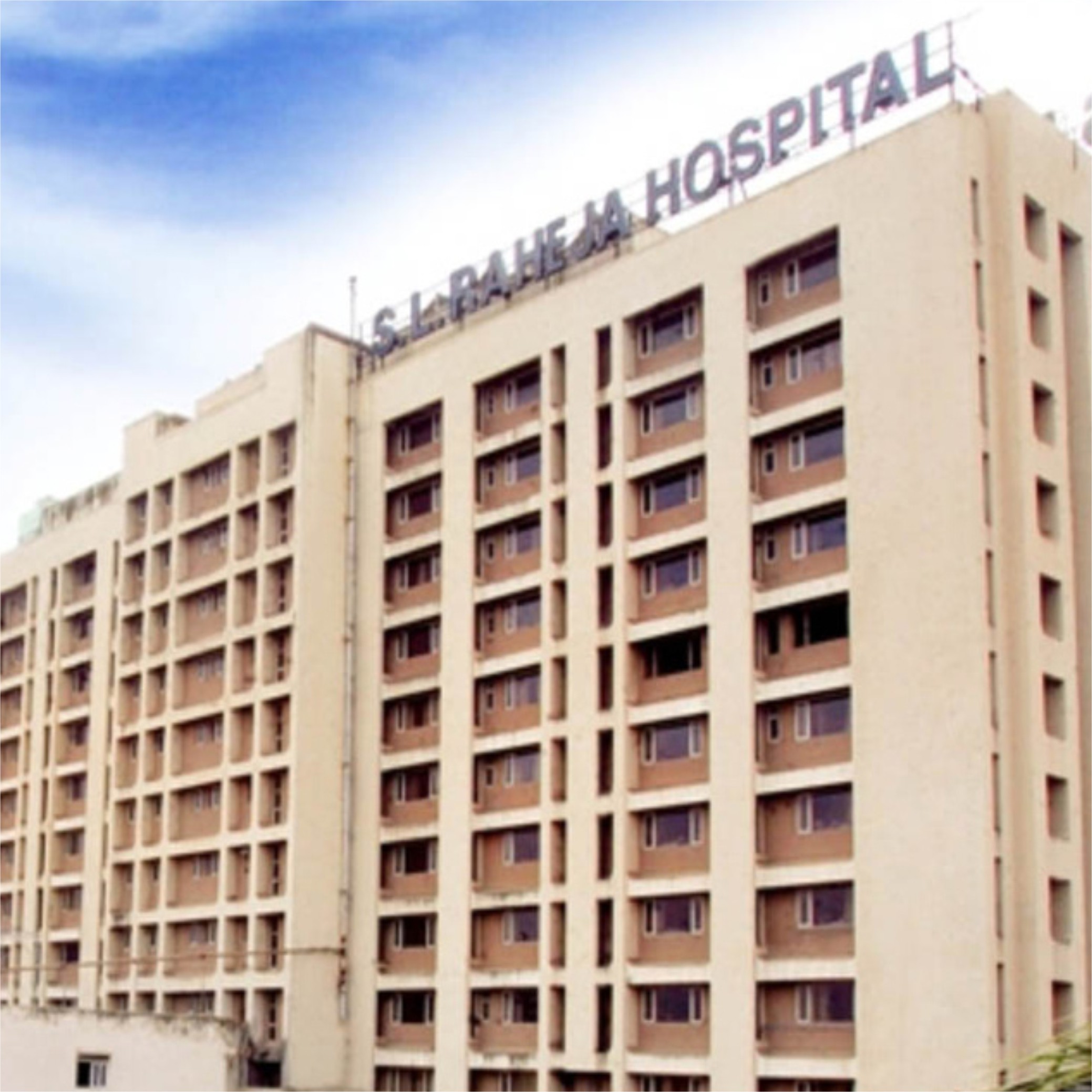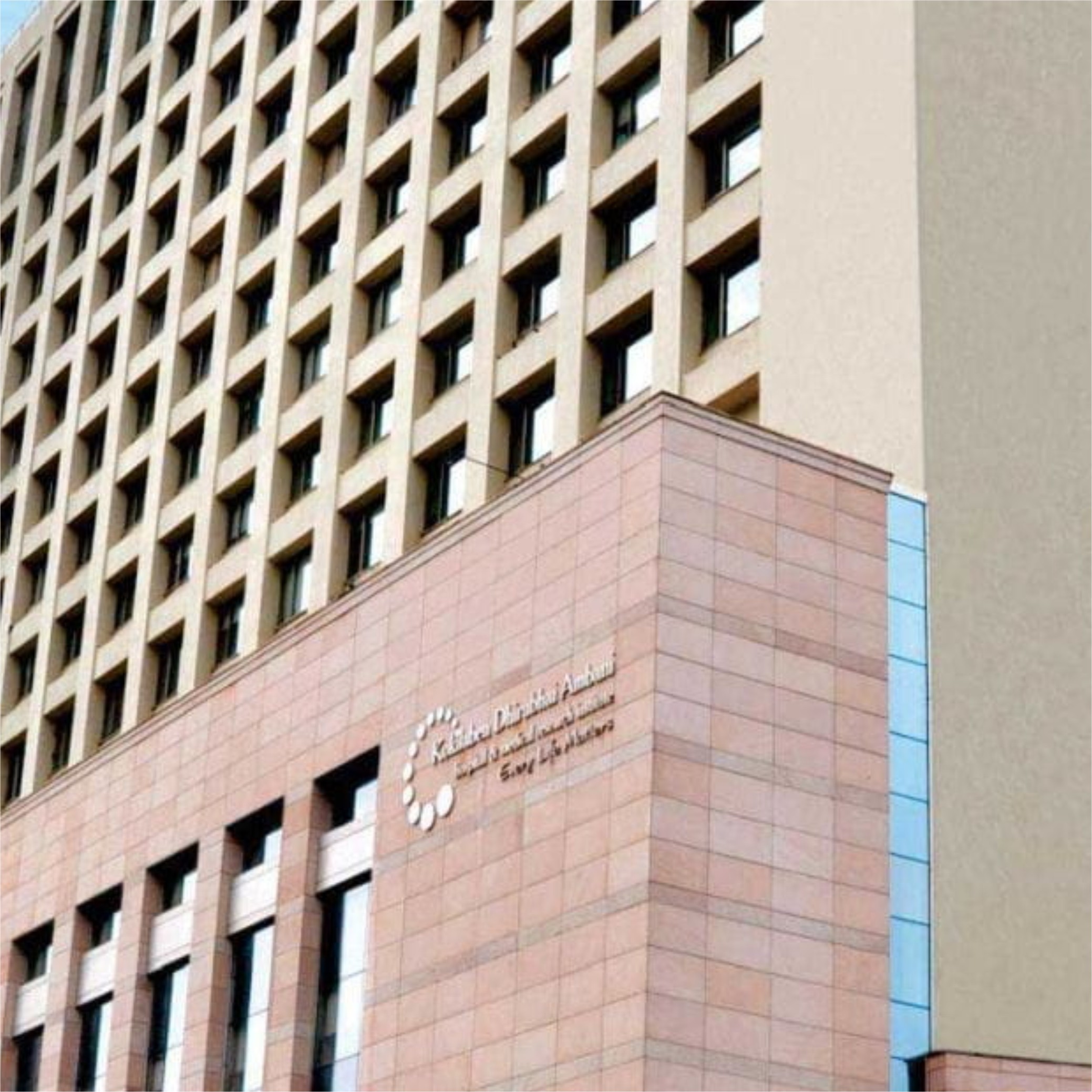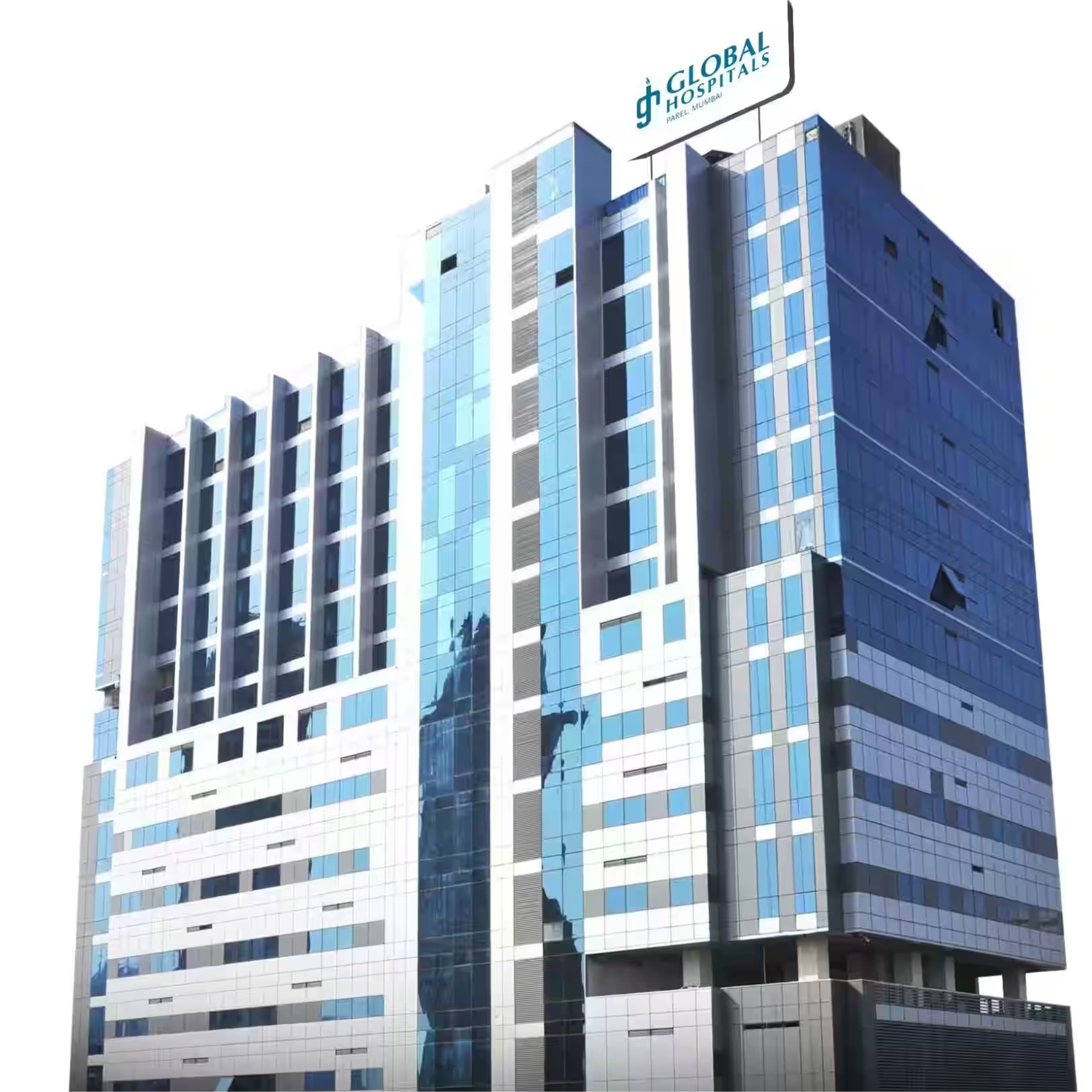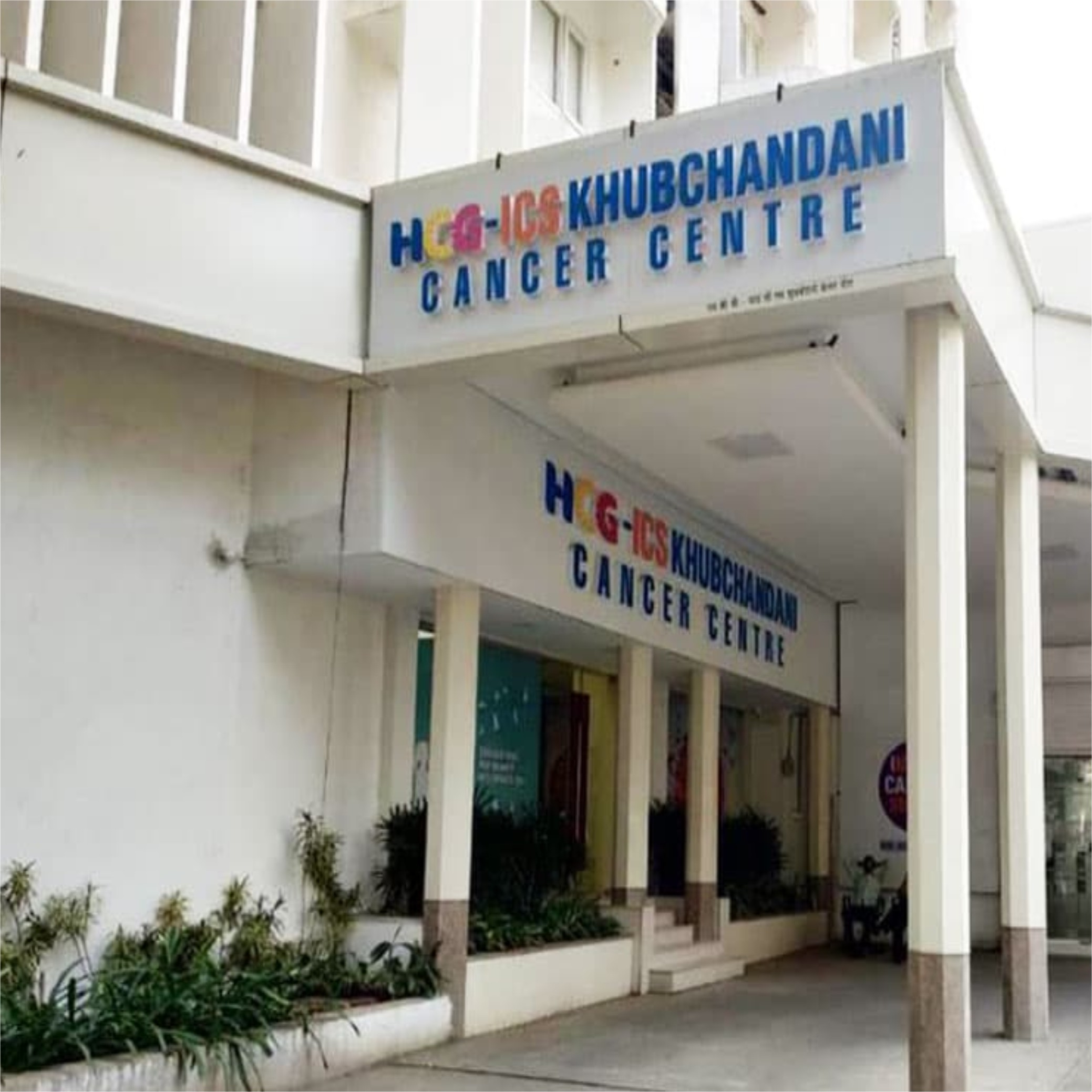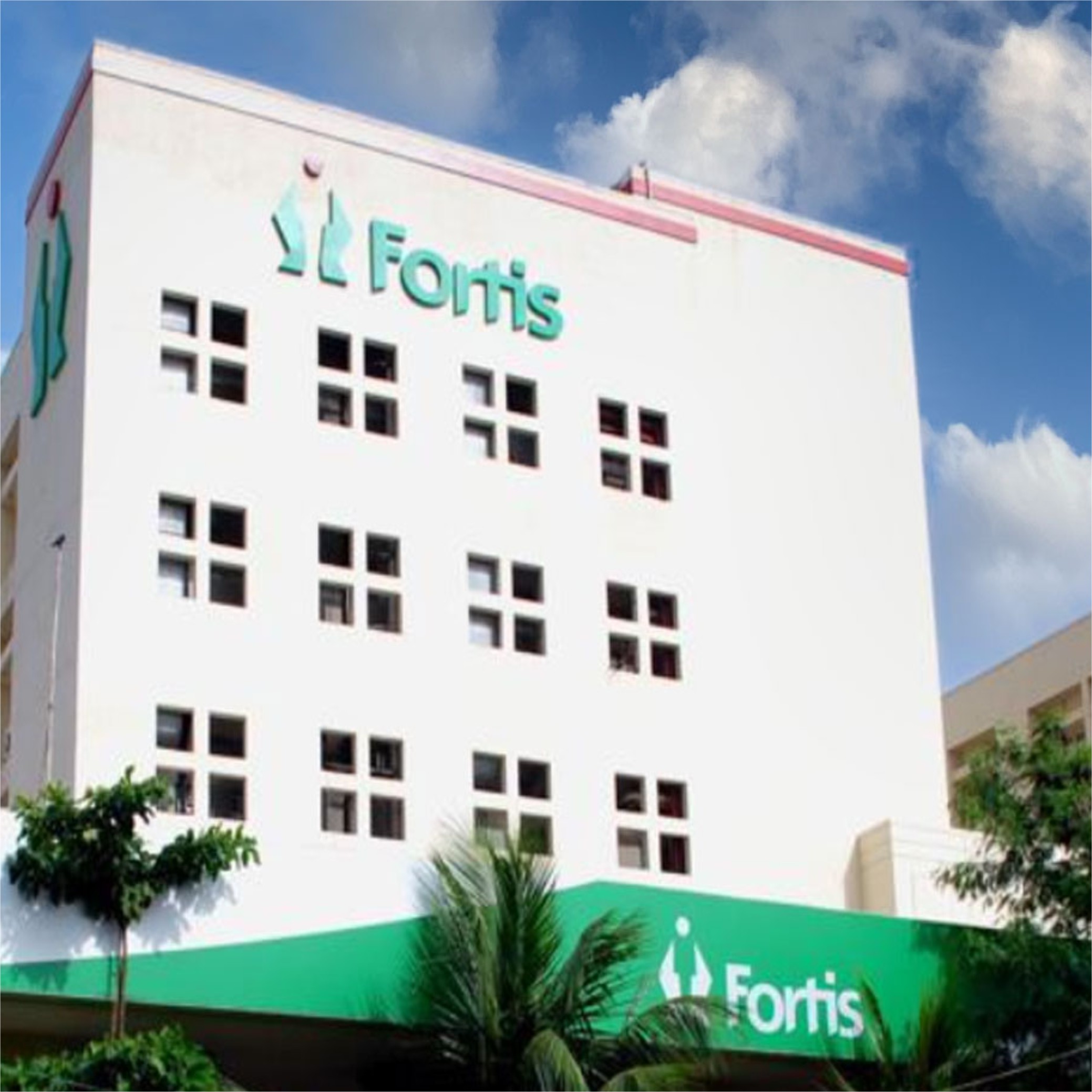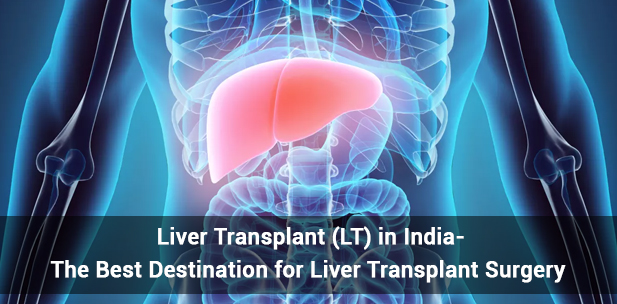Best Pancreas transplantation in India with highest success rate
A pancreatic transplant is a surgery that is performed to replace a diseased pancreas with a healthy one from a dead donor.
It is the only treatment that can be considered as close to a cure for uncontrolled type I diabetes. But it is important to note that, it is a complex procedure with a risk of complication.
So if you or your near and dear one is planning to undergo this procedure, you need to ensure that you are with the best team of healthcare professionals and the best hospital with cutting-edge technology.
India has some of the world-renowned healthcare professionals and excellently equipped hospitals that can help you undergo a pancreas transplant without burning a big hole in your pocket.
Sounds interesting!
Let’s learn more about how to undergo the best pancreas transplant in India.
But before that here’s one of the success stories that will help you stay positive in this journey.
Joe Arcieri is from the US. He was 12 when he was diagnosed with Type 1 diabetes. His first step to achieving normal health was through a living donor kidney transplant from his beloved sister, Donna.
He underwent a kidney transplant that relieved the typical symptoms of kidney disease, including weight gain, shortness of breath, uncontrolled blood pressure, and change in skin color. He lost more than 22 kilos and got his energy back.
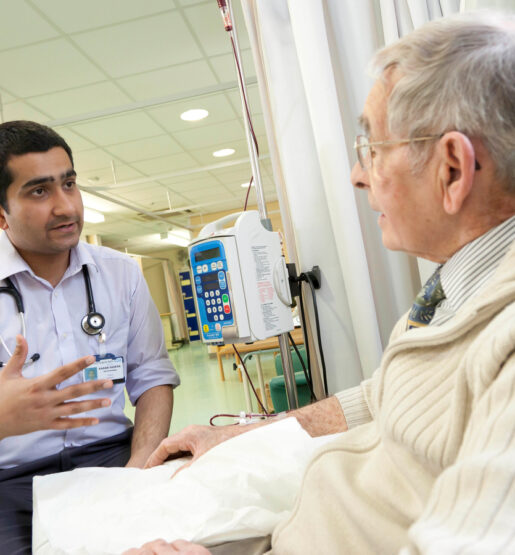
But the kidney transplant was one part of his journey to good health and a diabetes-free life. He needed a new pancreas to get rid of Type 1 diabetes from his body so that his healthy kidney would not suffer from this disease again.
His doctor evaluated his condition and suggested a pancreas transplant. Joe’s mother frantically started researching the best place to do the transplant. During her research, she learned about the cost-effective and best-in-class medical services in India and decided to go for the transplant.
She stumbled on Medicoexperts and thought of taking our help. Unbelievably, she got a call 48 hours later that the hospital had a pancreas for him and the MedicoExperts team told her to come to India with her son as soon as possible. Joe’s pancreas operation was his second transplant success, and he was finally free of the insulin for which he had been a slave for 36 years.
Joe says that he recommends pursuing transplantation, whether it’s kidney, pancreas, or both, based on the opportunity. Hence, it is important to know why one needs to undergo a pancreas transplant, the types of transplants available, and who can get the transplant.
We will start with parts of the pancreas and its function first, which will help you understand pancreas transplantation in a much better way. So, let’s get started.
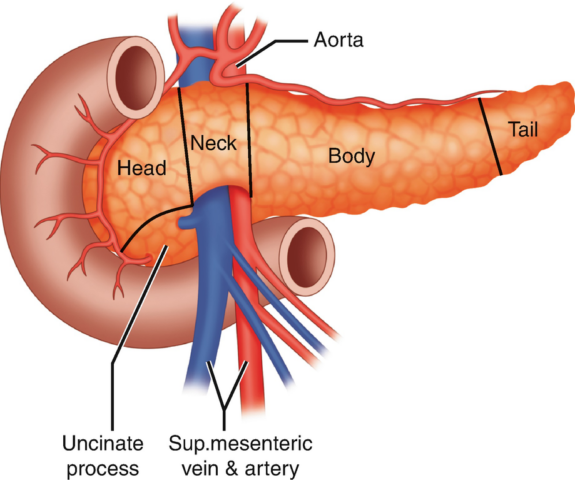
The Pancreas is an organ located in the abdomen(belly) and plays an important role in the digestive system (converting the food we eat into fuel for the body’s cells). It is spongy, about six to ten inches long, shaped like a flat pear or a fish extended horizontally across the abdomen.
There are four main parts of the Pancreas:
- Head: The head is the widest part of the pancreas, found on the right side of the abdomen.
- Neck: It is the thin section of the gland between the head and the body of the pancreas.
- Body: It is the middle part of the pancreas between the neck and the tail.
- Tail: It is the thin tip of the pancreas on the left side of the abdomen close to the spleen.
A healthy pancreas produces the right chemicals in the right quantity to digest the foods we eat.
There are two main functions of the pancreas:
1. Exocrine (Digestion) Function
The Pancreas consists of exocrine (Exo = outward) cells that produce enzymes that help in digestion. The exocrine cells are also called acinar cells, which produce, and transport enzymes released into ducts and passed to the duodenum (first part of the small intestine), where they help in food digestion.
2. Endocrine (Blood Sugar) Function
The body utilizes blood sugar for energy. The pancreas is composed of a small island of endocrine (endo=within) cells, and these islands are called Langerhans. These cells release hormones such as insulin and glucagon (a hormone created in the pancreas that promotes the breakdown of glycogen to glucose in the liver) into the bloodstream, which helps maintain proper blood sugar(glucose) levels.
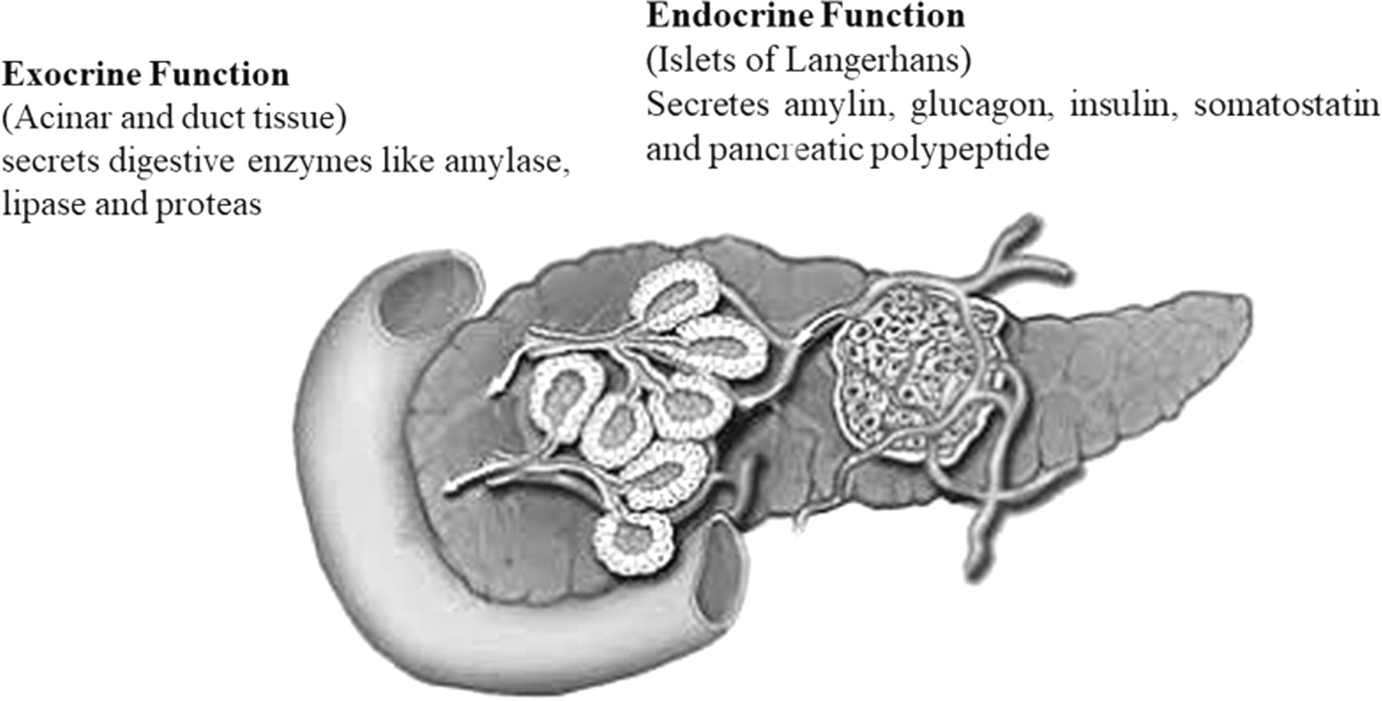
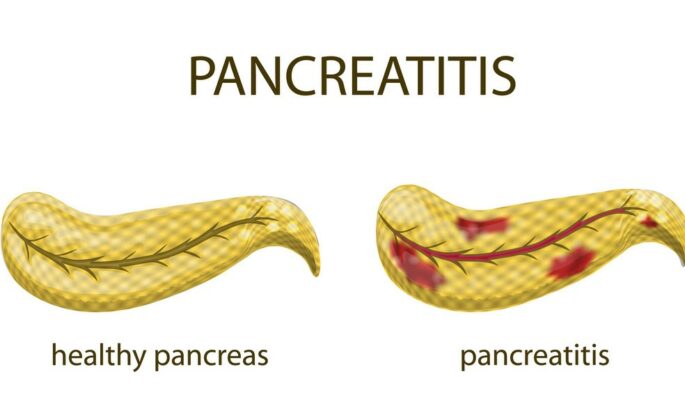
A pancreas transplant is a surgical procedure to place a healthy pancreas from a deceased donor into a person whose pancreas no longer functions properly.
The pancreas transplant aims to restore normal blood sugar levels in the body. It is mainly done for people with type 1 diabetes.
If your pancreas does not produce enough insulin, blood sugar levels can rise too high, resulting in type 1 diabetes. The pancreas transplant has become a common treatment for type 1 diabetes and is sometimes carried out in people who require insulin therapy and have type 2 diabetes.
This procedure is often combined with a kidney transplant in people whose kidney is damaged due to diabetes.
People with diabetes in their early stages or no kidney disease can have this transplant. This transplant surgery involves the placement of a healthy pancreas into a recipient whose pancreas is not working properly.
This procedure is carried out in people with diabetes who have or are at risk of kidney failure. The goal of a kidney-pancreas transplant is to give you a healthy kidney and pancreas that are not likely to contribute to diabetes-related kidney damage in the future.
The doctor might recommend people waiting for both donor kidney and donor pancreas for a long time undergo a kidney transplant first from a living or deceased donor once it is available. Once you recover from a kidney transplant, you will receive a pancreas transplant once the donor pancreas is available.
A Pancreas transplant can restore the production of natural insulin and improve blood sugar levels in people with diabetes. It is not a standard treatment and involves risks such as infection and organ rejection.
Doctors may consider transplants for people who:
- Cannot control Type 1 diabetes with standard treatment
- Have low blood sugar levels
- Have Severe kidney damage due to diabetes
- Have Type 2 diabetes associated with low insulin production and resistance
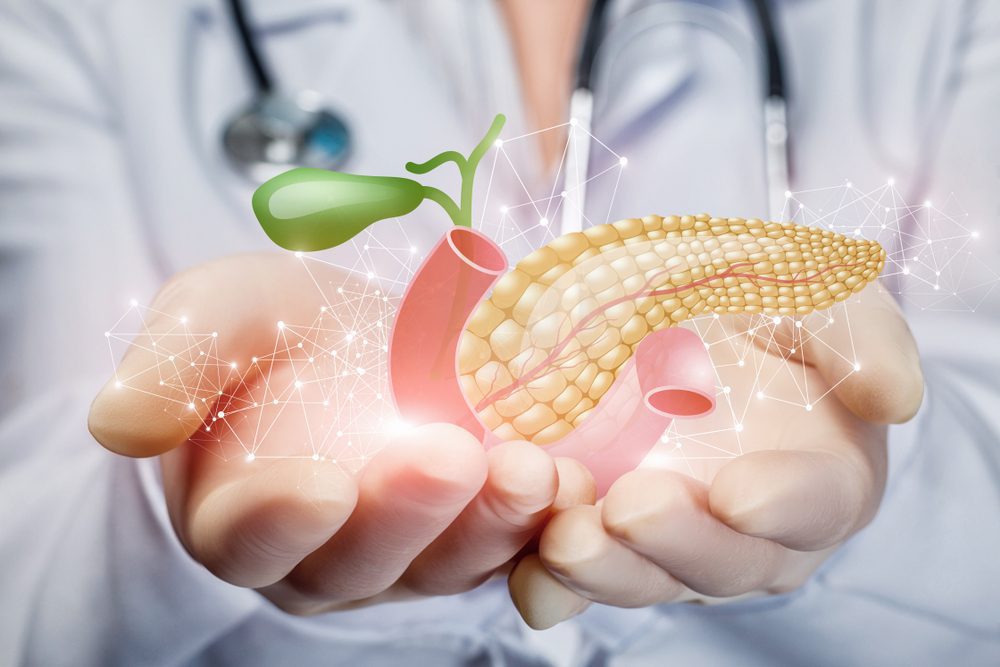
Why choose India for Pancreas Transplants?
India has emerged as a top medical travel destination. India has specialist doctors and offers the best medical facilities.
The cost of treatments in India is also economical as compared to the U.S., European nations, and even other Asian countries. India is well connected with the rest of the world and thus easier to travel to the country.
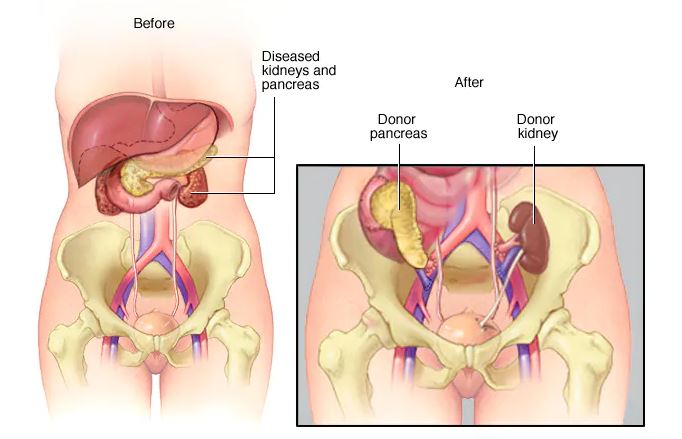
Talk to your doctor about whether a kidney transplant would be the right choice for you or not. The doctor will refer you to the transplant center which will make plans for your medical evaluation. This evaluation will determine whether the transplant is a good choice for you.
In the kidney-pancreas transplant operation, the pancreas is placed on the right side of your lower abdomen, and the kidney is placed on the left side of the lower abdomen without removing your kidneys and pancreas.
The surgical procedure takes four to six hours, and your stay at the hospital might take from two weeks to four weeks. After the surgery, the pancreas produces insulin within hours, and the blood sugar is controlled. Insulin shots are not required after this unless the body rejects the new pancreas.
Pancreas transplant in India is cost-effective as compared to other countries. The cost of a Pancreas Alone Transplant (PAT) is between USD 18,000 (1,493,004.57 INR) – USD 30,000 (2,488,346.70 INR).
The cost of a Simultaneous Pancreas Kidney Transplant (SPK) and pancreas After Kidney Transplant (PAK) ranges from USD 30,000 (2,488,346.70 INR) – to USD 70,000 (5,806,132.44 INR).
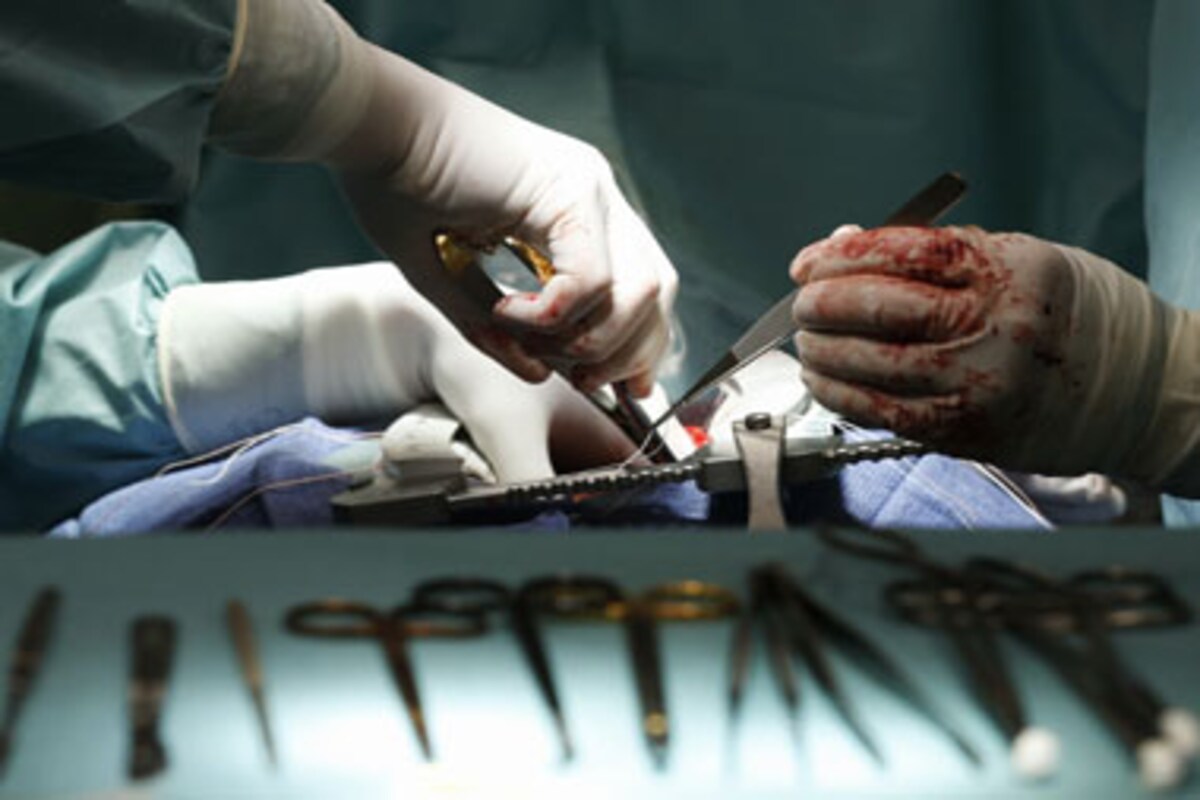

The Success Rate of Pancreas Transplant
- The success rate of Simultaneous Pancreas Kidney Transplant (SPK) is about 73%
- The success rate of the Pancreas After Kidney transplant (PAK) is about 65%
- The success rate of Pancreas transplants is about 53%
The best results are seen with a matched kidney from a living donor; usually, a sibling, and the next best results are a kidney from a less closely matched living donor such as a spouse or friend.
The success rates are also better when transplants are done from deceased donors. The best results are usually seen when both pancreas and kidneys are from the same donor, reducing the risk of rejection.
Conclusion
After a successful pancreas transplant, a new pancreas will produce insulin that your body needs. You will not need insulin therapy to treat type 1 diabetes. But even with the best possible match, your immune system may try to reject the new pancreas.
To avoid rejection, you will need anti-rejection medications to suppress your immune system, and you will have to take these drugs for the rest of your life.
Your doctor may also prescribe antibacterial, antiviral, and antifungal medications since your body will become more vulnerable to medications that suppress your immune system.
To learn more about pancreas transplants get in touch with MedicoExperts. Our team will help you throughout your journey toward better health.
Frequently Asked Questions and patient concerns:
Q1. Can diabetes be cured with a Pancreas Transplant?
A Pancreas transplant offers a potential cure typically for those with serious complications of diabetes and, in some cases, may also treat type 2 diabetes.
Q2. Can the Pancreas heal itself?
In most cases, the pancreas can heal itself during acute pancreatitis and restore the normal pancreatic function of digestion and sugar control.
Q3. What are the signs of a bad pancreas?
- Upper abdominal pain
- Tenderness when touching the abdomen
- Fever
- Nausea
- Vomiting
- Speedy pulse
Q4. What foods produce insulin in the pancreas?
- Avocados
- Nuts – Almonds, peanuts, cashews
- Oils – Olive oil, flaxseed oil
- Sunflower, pumpkin, or sesame seeds
- Fish – herring, salmon, and sardines
Q5. What drinks lower blood sugar?
Green tea and green tea extract may help to lower blood sugar levels. It may also help in preventing type 2 diabetes and obesity.
Q6. What is the healthiest breakfast for a person with diabetes?
- Eggs
- Oatmeal
- Multigrain avocado toast
- Low carb smoothies
- Cottage cheese, fruit, and nut bowl
Q7. How to increase insulin production in pancreas?
- Get more sleep
- Reduce stress
- Exercise more
- Eat more vegetables and fruits
- Cut down on carbs
· Reduce consumption of added sugars
Q8. How to improve pancreas health?
Eat food rich in protein, contains antioxidants, and is low in animal fats. You can try lean meats, beans, lentils, dairy alternatives like flax milk and almond milk, and clear soups. These can be easily digested by your pancreas.
Best hospitals For Pancreas Transplant in India
Get treated at state-of-the-art Multi-speciality hospitals in India which are JCI, NABH accredited, and have advanced technologies with best-on-ground staff for comprehensive care.

MedicoExperts is a Global virtual hospital which is established to offer quality healthcare services at affordable pricing without compromising the success rates of the treatment.
MedicoExperts is having a network of highly experienced super specialist doctors and well equipped hospitals across the globe and offering second opinion through online video consultation and surgical interventions through its empanelled super specialist doctors at its network hospitals in 17 countries from 3 continents.
By the virtue of its approach and model, MedicoExperts is successfully achieve to deliver
- Latest and most advanced treatments with success rates of international benchmarks.
- Multiple cost options depending upon the hospital facilities, with the same doctor.
- Treatment option in multiple cities/state/countries.
- Trust and peace of mind.
Most suitable for patients who are looking for:-
- Planned Surgeries and treatment from most experienced doctors and at multiple cost options as per hospital facilities with best possible outcomes.
- Second Opinion from expert doctors.
- Complex cases involving multi specialities
- International patients looking for treatment from Indian doctors
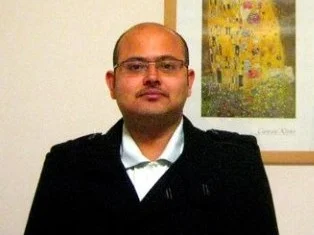
Author Bio:
Dr. Subhamoy Mukherjee – Ph.D. (Oncology)
Dr. Subhamoy Mukherjee is a molecular oncologist with experience of working with genomic profiles. He has several years of experience in scientific writing. He takes strong interest in making people aware of different treatment approches in cancer, acute and chronic diseases. He also has interest in innovative approches for treating different mental and physical illnesses.
Content Medically Reviewed By MedicoExperts Editorial & Clinically Review Board








